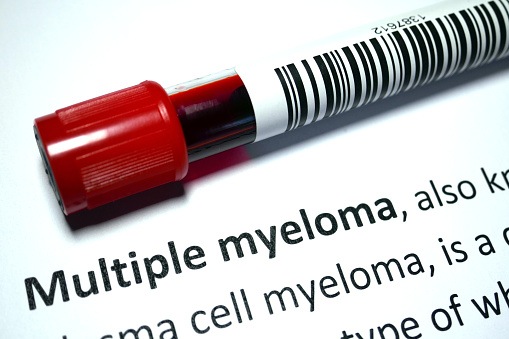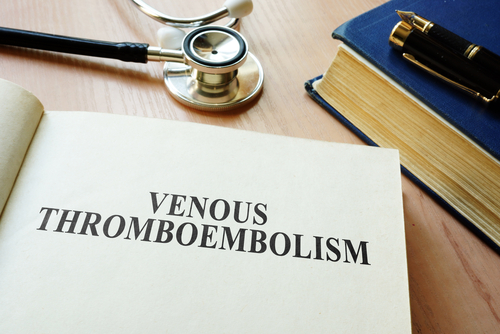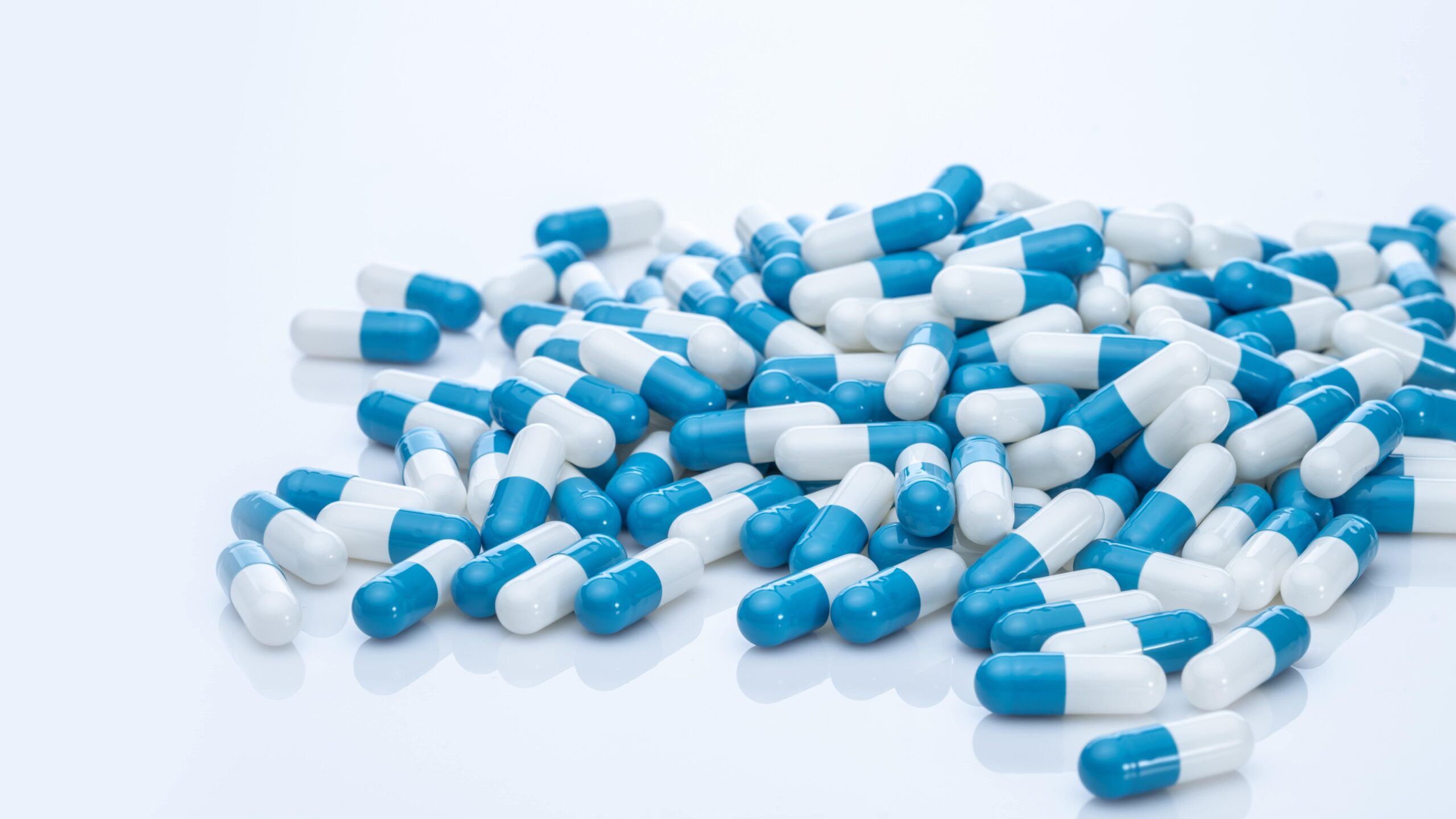
A study of patients with active cancer who received oral apixaban to prevent recurrence of cancer-associated venous thromboembolism has compared an extended, reduced-dose regimen of the anticoagulant with a full-dose regimen. In results from the study, published in the New England Journal of Medicine, the reduced-dose regimen was noninferior to the full-dose regimen in prevention of venous thromboembolism recurrence.
“The question of extended anticoagulant therapy in patients with cancer associated thrombosis is a frequent question clinicians have to face in clinical practice, resulting from the improving prognosis of patients with cancer,” noted Isabelle Mahé, MD, PhD, of Louis Mourier, Assistance Publique Hôpitaux de Paris, France, in remarks forwarded to Heme Today.
The API-CAT study was a randomized, double-blind clinical trial that enrolled 1,766 patients with active cancer and proximal deep vein thrombosis or pulmonary embolism who had received at least 6 months of anticoagulation therapy. All patients received oral apixaban twice daily for 12 months, 866 of the patients at a reduced dose of 2.5 mg and 900 at a full dose of 5.0 mg. The total cohort had a median treatment duration of 11.8 months.
The cumulative incidence of centrally adjudicated fatal or nonfatal recurrent venous thromboembolism was 2.1% among the patients who received reduced-dose apixaban versus 2.8% among those who received full-dose apixaban, with an adjusted subhazard ratio of 0.76 (P=0.001 for noninferiority).
Patients receiving the reduced-dose apixaban regimen had lower incidence of clinically relevant bleeding complications, having a cumulative incidence of 12.1% versus 15.6% in the full-dose group, with an adjusted subhazard ratio of 0.75 (P=0.03). The patients who received reduced-dose apixaban also had lower mortality at 17.7% versus 19.6% in the full-dose group, with an adjusted hazard ratio of 0.96.
“The API-CAT Study, with a rigourous design, provides important results for clinical practice, balancing the benefit and risks of 2 different dosing of apixaban for extended treatment,” Dr. Mahé summarized in her remarks.
The API-CAT clinical trial was funded by the Bristol-Myers Squibb–Pfizer Alliance.
Reference
Mahé I, Carrier M, Mayeur D, et al. Extended reduced-dose apixaban for cancer-associated venous thromboembolism. N Engl J Med. 2025;392:1363-1373. doi:10.1056/NEJMoa2416112







 © 2025 Mashup Media, LLC, a Formedics Property. All Rights Reserved.
© 2025 Mashup Media, LLC, a Formedics Property. All Rights Reserved.